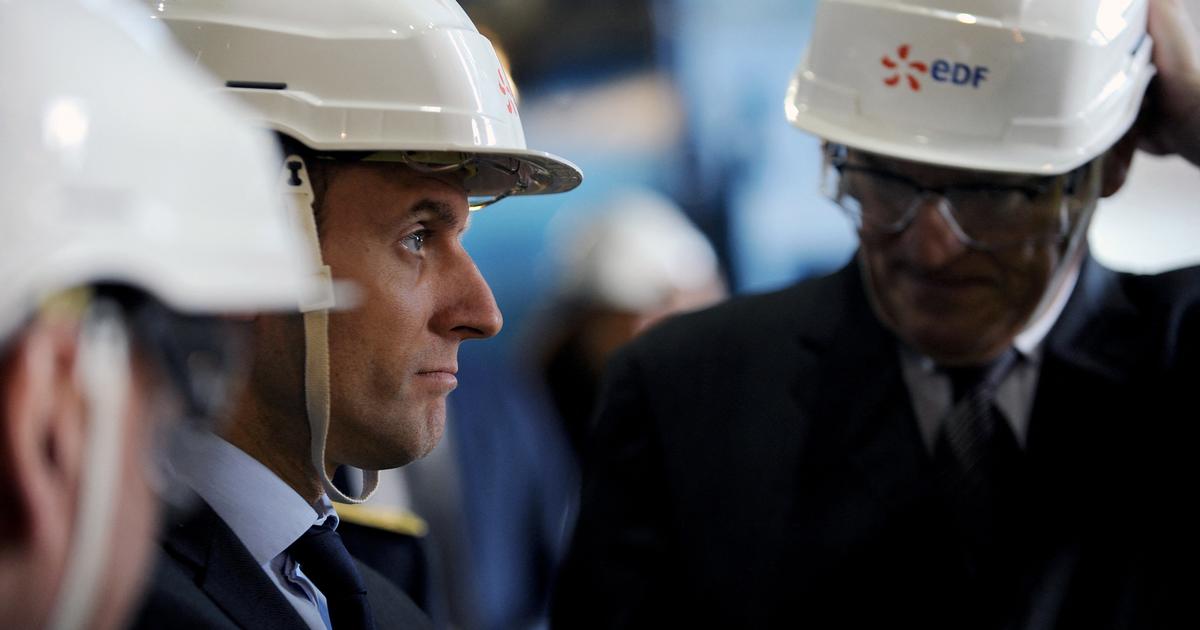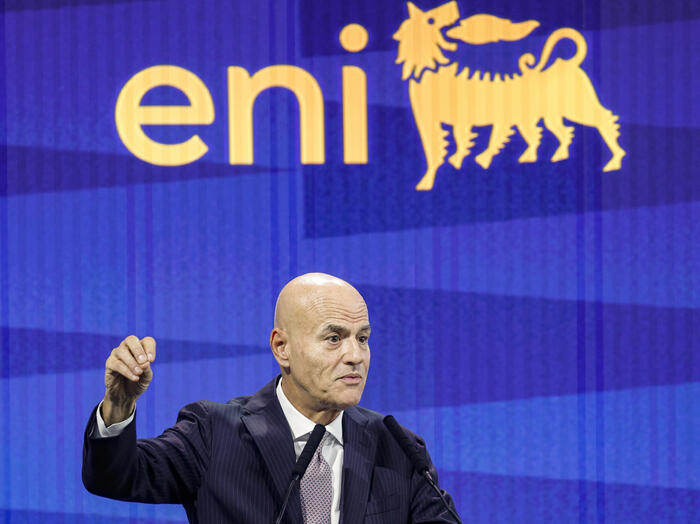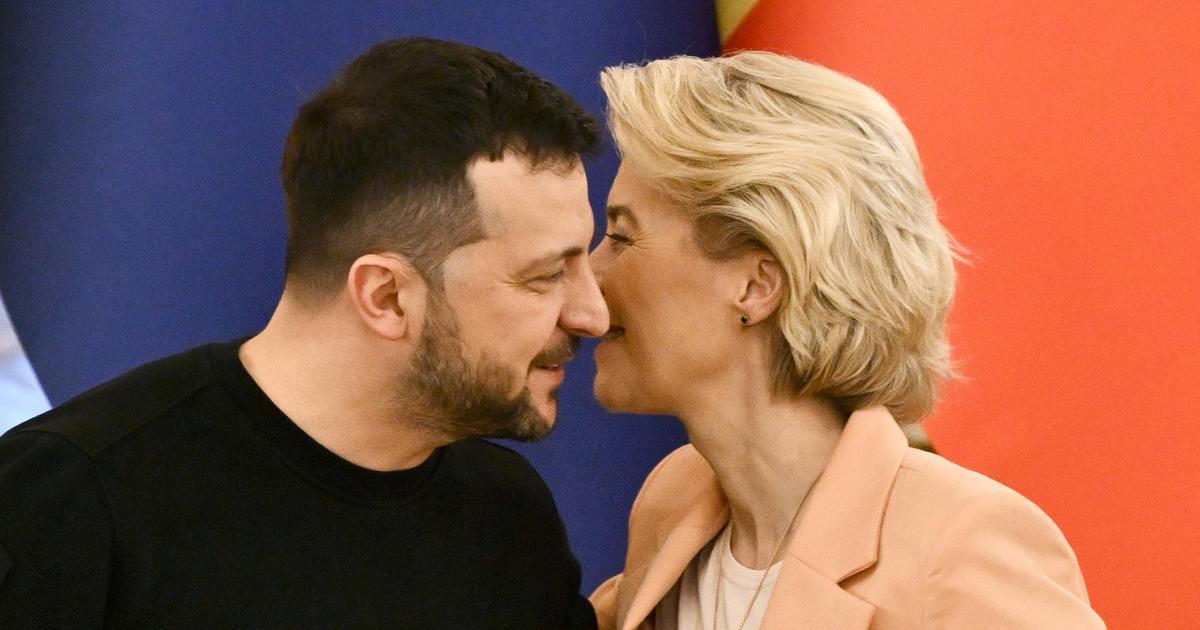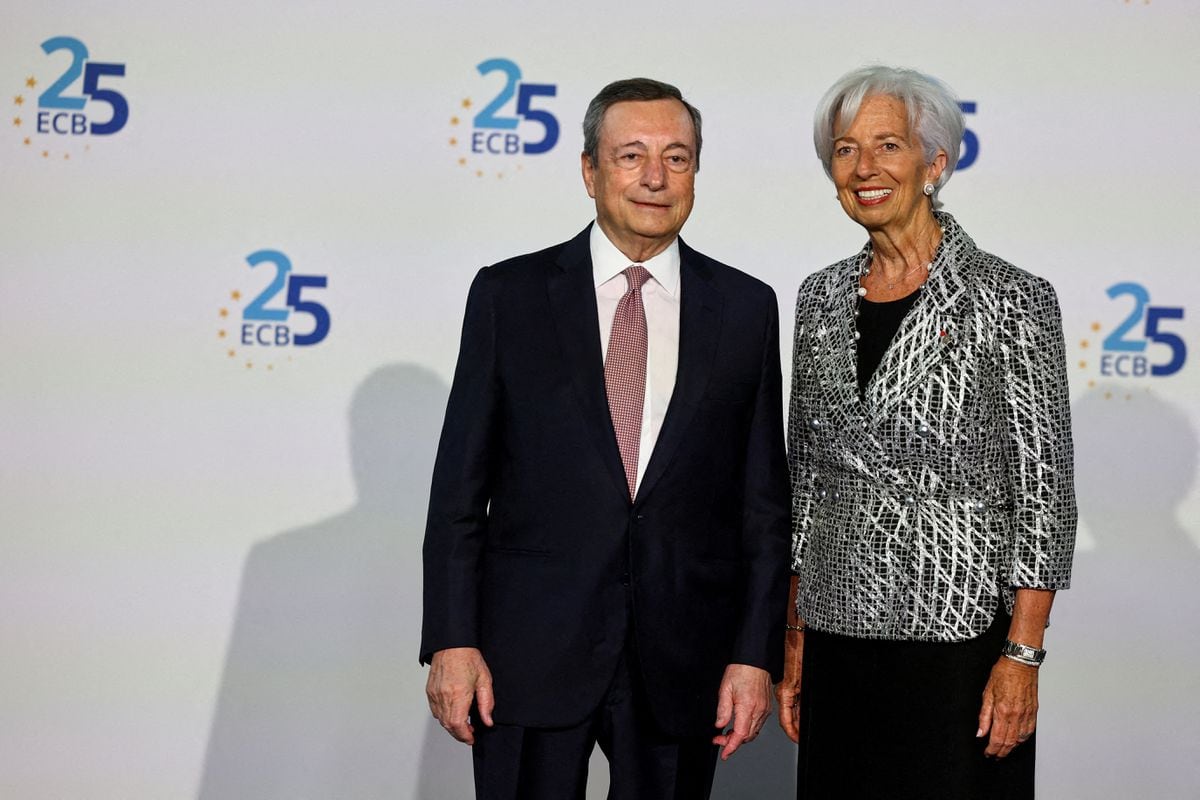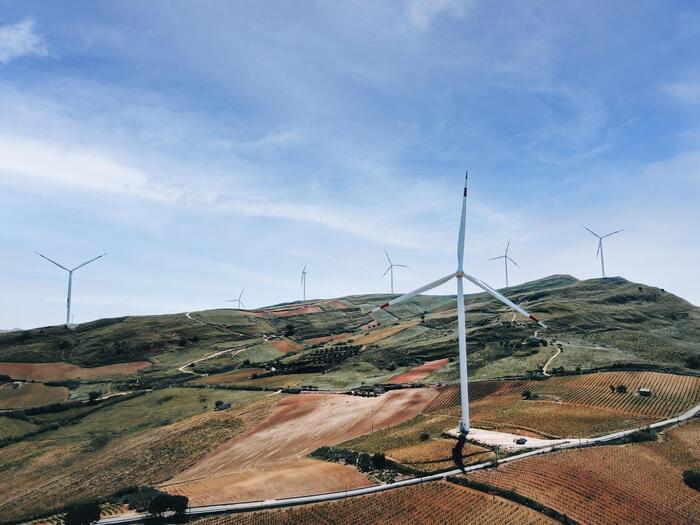Fabien Bouglé is an expert in energy policy. In 2019, he was interviewed by the National Assembly's parliamentary commission of inquiry into renewable energies, and published a first work with significant repercussions
: Wind turbines, the dark face of ecological transition
(ed. Du Rocher).
Business leader in the financial and cultural sector, he is also elected municipal (various right) in Versailles.
His latest book,
Nuclear, the hidden truths,
is published by Editions du Rocher.
LE FIGARO. - President Emmanuel Macron will convene a Defense Council on Friday devoted to the supply of gas and electricity to France. What can we expect/expect from this advice?
Fabien BOUGLÉ. -
As an observer of political action in the energy field for many years, I note that this question is too often dealt with in a short-termist logic when it should be envisaged over a long period of time.
General de Gaulle and his successors had perfectly anticipated - with the deployment of nuclear power plants in France - not only the question of the quality of our electricity supply for homes and businesses, but also the importance of reducing our dependence on fossil fuels and ensure our energy sovereignty.
Our country before this energy crisis was one of the world leaders in the production and export of electricity.
The fact that the President of the Republic is now simply convening a Defense Council on the subject shows that our governments are suffering from the crisis and have not anticipated it at all, when many players had long since alerted the public authorities to the bad strategy of phasing out nuclear power.
Only four years ago President Macron closed Fessenheim a nuclear power plant in the prime of its life which had been completely modernized and announced the closure of 14 nuclear reactors by 2035.
This meeting on Friday is rather the expression of an acknowledgment of the failure of 20 years of French energy policy, which has constantly modeled itself on the German Energiwende by multiplying wind renewable energies and solar panels and by abandoning our nuclear heritage.
And we are paying the price today.
If Emmanuel Macron begins with this Defense Council a real French "energy disruption" instead of getting stuck in the model of our German neighbors which is a resounding failure then there yes this summit meeting will make sense.
But it is to be feared that in the end it will only lead to measuring sticks in a logic of political communication.
The French and French companies are going to pay in the coming months and years for 20 years of anti-nuclear policy and propaganda fomented and exacerbated by games of political agreement between certain left-wing parties and political parties that claim to be ecologists.
Fabien Bougle
The government explains the energy crisis by the war in Ukraine alone. Jean-Bernard Levy, boss of EDF, believes that it is above all the law of closure of the 14 nuclear reactors, still in force, which has weakened our country. Who is telling the truth?
We must be clear: the electricity supply crisis in France is in no way due to the war in Ukraine.
Unfortunately, the anti-nuclear and pro-renewable ideology is prevalent in the spheres of power and has contaminated a large number of Deep State representatives involved in energy policy.
This means that even if President Macron was aware of the strategic error of phasing out nuclear power by considering a noticeable volte-face on the subject, first in his 2030 investment plan in October 2021 and then during the Belfort announcements in February 2022, the law providing for the closure of 14 nuclear power plants did considerable harm to the French electricity sector and to EDF.
This state of mind of neglecting our nuclear industrial gem, combined with laws envisaging an eventual exit from nuclear power in France, has contributed to a form of technological and industrial disinvestment in the sector.
How do you expect the boss of EDF Jean Bernard Levy to invest in a sector with a future when the law requires him to close 14 nuclear reactors.
Yes, the law on the closure of nuclear reactors, but also the shutdown of the Fessenheim plant or the Astrid program for the production of electricity using waste from the first plants, all of its political decisions have contributed to a major weakening of the quality of electricity supply for which we are paying the price today.
The war in Ukraine, in any event as far as electricity is concerned, has absolutely no connection with the shutdown of 32 reactors out of the 56 in production, either for maintenance reasons or for suspicions of corrosion on the pipes of the security.
These problems are the immediate consequence of the technological abandonment of nuclear power in France mentioned above and not of the war in Ukraine.
Neither Zelensky nor Vladimir Putin are responsible for the fact that successive French governments wished to disengage from the nuclear industry.
The nuclear sector is therefore well threatened by the economic war operations fomented by operators such as Greenpeace or WWF who are campaigning to force us to adopt the neighboring electricity mix.
Fabien Bougle
Is the survival of the nuclear sector and of France's leading electricity producer threatened?
Yes and no !
First of all, the French nuclear sector cannot be erased with a stroke of the pen, since we have 58 nuclear reactors in production or likely to be in France.
This industrial sector accounts for 200,000 direct and indirect jobs, to which must be added 200,000 induced jobs.
It is therefore a major player in employment in France.
In addition, thanks to nuclear power, in 2020 France still had some of the cheapest electricity in Europe for its homes and businesses, ensuring the competitiveness of our economic players.
This is also why Germany is constantly waging war directly or indirectly on French nuclear power, because our neighbor knows full well that it is a considerable competitive and ecological advantage for France.
The nuclear sector is therefore well threatened by the economic war operations fomented by operators such as Greenpeace or WWF who are campaigning to force us to adopt the neighboring electricity mix.
Fortunately a certain lucidity carries our leaders who seem to have realized that there was a concern on the subject.
And Emmanuel Macron's latest decisions are going in the right direction.
But it is vital and urgent to change the paradigm and change the course of energy decisions in France, particularly in the field of investments in renewables, which weigh down those necessary in nuclear power for a poor result.
Our rulers must have the courage to immediately stop the policy of installing wind turbines and solar panels which ultimately destroy nuclear development capabilities.
It is this obsession with renewables, which are moreover a resounding failure throughout the world, which is detrimental to the ability to revive nuclear power in France.
The President plans to present to senators and then to deputies an exceptional law for the acceleration of renewables which will arouse very strong parliamentary resistance.
This is a very serious political error in the current context.
The only emergency today is a law repealing the law closing 14 nuclear reactors and accelerating production in the nuclear sector for which Emmanuel Macron would also receive very strong parliamentary unanimity.
The survival of our industrial sector is at stake, but also our ability to provide our fellow citizens with reliable, powerful and inexpensive electricity in the short, medium and long term.
The European market system is at the end of its tether and, moreover, Spain and Portugal have left this market, which has had the effect of drastically lowering the spot price of these countries.
Fabien Bougle
At the same time, Brussels is working on a long-term text which will decouple the price of electricity from that of gas and an emergency instrument which will determine a ceiling for the wholesale price of electricity. An emergency meeting of energy ministers is scheduled for September 9. How do you view this text? Is this a long-term solution?
It should be remembered that thanks to nuclear the spot price was in France in 2020 at 32.2 euros per megawatt hour, with the gas crisis which began in 2021 due to the low production of wind turbines in Europe the spot price reached 109 euros per megawatt-hour on average over the year and the futures market has set a spot price at 1,000 euros per megawatt-hour expiring in 2023. The electricity market is going crazy and extremely speculative due in part to the strong demand for gas countries that have invested heavily in wind turbines but also because of the significant reduction in our nuclear availability, a phenomenon accentuated by the armed conflict in Ukraine which is destabilizing the gas supply of countries like Germany.
France does
important that 16% of its gas from Russia is much less affected by the war in Ukraine but on the other hand suffers the brunt of the explosion in the price of electricity due to the generalized shortage of production in Europe and the explosion in the price some gas.
We must therefore effectively decouple the electricity market from the price of gas, but this will not be enough because we must also urgently restart our shut down nuclear power stations.
The European market system is at the end of its rope and, moreover, Spain and Portugal have left this market, which has had the effect of drastically lowering the spot price of these countries.
I had mentioned this during our previous interview, when I had specified that the European electricity system was going to have to be reformed at the risk of an implosion which would have considerable political consequences.
What are the electrical interconnection capacities between European countries? Can we hope that connections on a European scale can partially stem the energy crisis?
Interconnections between European countries already exist and a site like electricitymap.org informs us daily about imports and exports of electricity between neighboring countries.
The concern is that in this period of electricity shortage, countries with a deficit will have to import from neighboring countries, a phenomenon which accentuates electricity inflation.
And yet we are in summer and the need is much lower.
It is obvious that in winter if nothing is done to restart our nuclear power plants, we will witness a new surge in spot prices which at one time or another will affect the bills of businesses and households.
It is important to know that in 2022 our country had to import electricity massively from Germany in the first semester while
before the closure of Fessenheim we were largely exporters of clean electricity to this country.
We are therefore now in an inverse situation of energy dependence vis-à-vis Germany, which is now selling us coal-fired electricity, which is also accelerating our trade deficit.
Interconnection on a European scale in this period of electricity shortage is therefore more of an aggravating element of the crisis and is also part of this federalist logic of the EU, the technical but also ideological limits of which we can see today.

